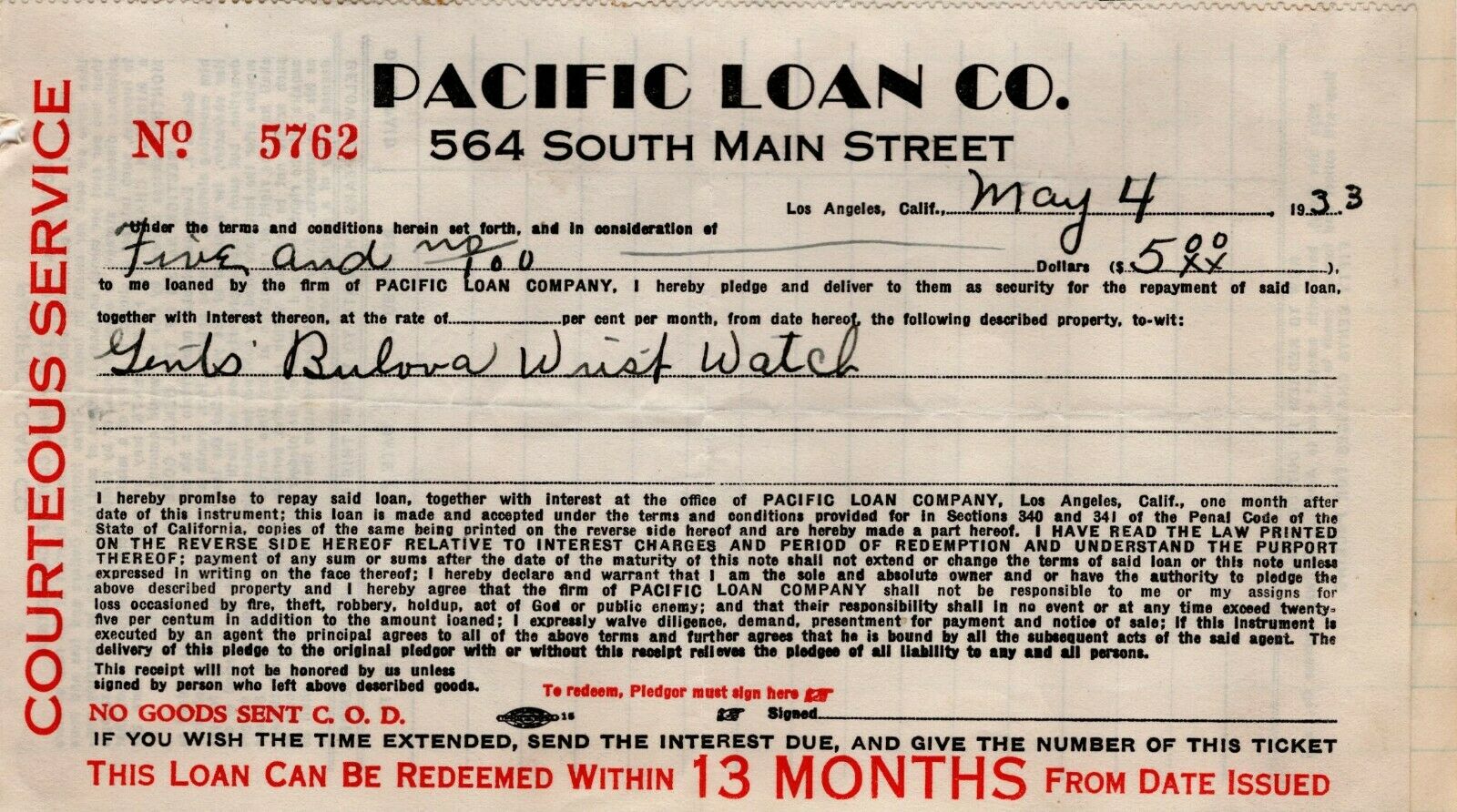-40%
Sidney Mttron Hirsch 1922 Poem That Inspired The Fugitives Poetry Group Journal
$ 396
- Description
- Size Guide
Description
This is the working title page for a poem that played an important part in 20th century American literature. The poem itself is lost (more about that below).Sidney Mttron Hirsch was a founding member of the group of young Vanderbilt University (Nashville, TN) poets later known as The Fugitives. Their literary magazine,
The Fugitive
, published from 1922-1925, "
is considered to be one of the most influential journals in the history of American letters" (Wikipedia). Hirsch
wrote "Ye Fugitive Blacksmith, or The Ballad of ye Simple Son of the Widow" circa 1922, and read it to the group when they were considering publishing their poems; the name of the journal was inspired by Hirsch's piece.
"
...half-seriously Alec Stevenson suggested as a title 'The Fugitive' after a poem of Hirsch's which had been read and discussed at an earlier meeting." (Louise Cowan,
The Fugitive Group: A Literary History
)
"He [Hirsch] had written a poem called 'The Fugitive Blacksmith,' and it was he who insisted that the young men name their magazine 'The Fugitive'" (W. K. Wimsatt, Jr., in
Criticism
: Vol. 2: Iss. 1, Article 8)
Prominent members of The Fugitives include Robert Penn Warren, John Crowe Ransom, Allen Tate, Merrill Moore, Donald Davidson, and William Ridley Wills. Several went on to found another important poetry movement, the Agrarians, and others were instrumental in making New Criticism "
the dominant mode of textual analysis in English during the first half of the twentieth century" (Wikipedia).
In the early Fugitives days, Hirsch, in the time-honored tradition of aspiring poets, was crashing at his brother-in-law's, to whom he dedicates "Ye Fugitive Blacksmith." He types "To James Marshall Frank, Esquire, being the first of several thesi which owe more than I can express to the friendship and generosity of you, modern Myceanus. May I ask, my friend, that you be as gentle in your criticism as you have been in companionship." "More than I can express," and several commas, are handwritten.
We wrote to the Vanderbilt University Library special collections department, which holds the largest collection of Fugitives-related material, and they confirmed that they don't have a copy of this poem, and were unable to find an institution which does. It was never published, as far as they could tell. This working title page may be the only part of the poem still in existence.
Provenance: We found the page laid into a copy of Manley P. Hall's "The Secret Teachings of All Ages," which the occult-minded Hirsch inscribed and gifted to an acquaintance. A second, uncredited poem titled "To the Ethiopian Woman" was also laid in. It may or may not be by Hirsch, and we'll include it with this lot.
Condition: as our photo shows, the paper is heavily soiled and stained, brown with age, and chipped or bent at the corners.
International buyers – please note
: Import duties, taxes, and charges aren't included in the item price or postage cost. These charges are the buyer's responsibility.
Please check with your country's customs office to determine what these additional costs will be, prior to bidding or buying.










